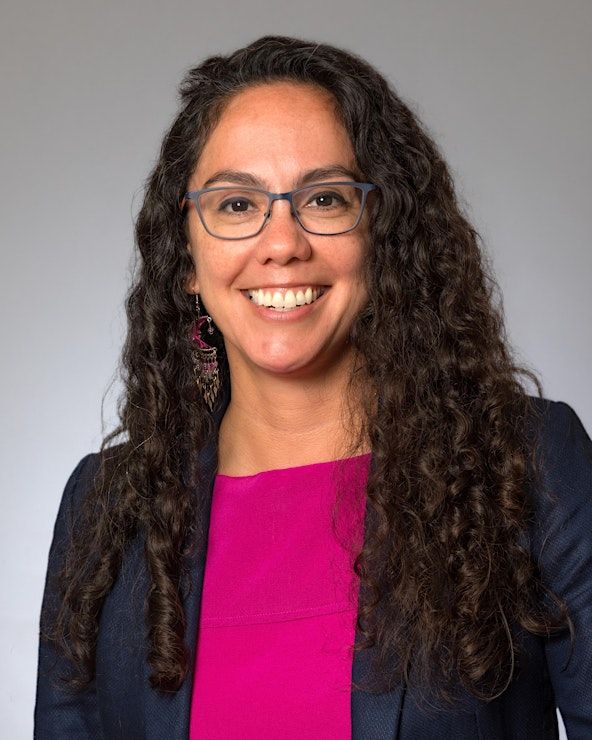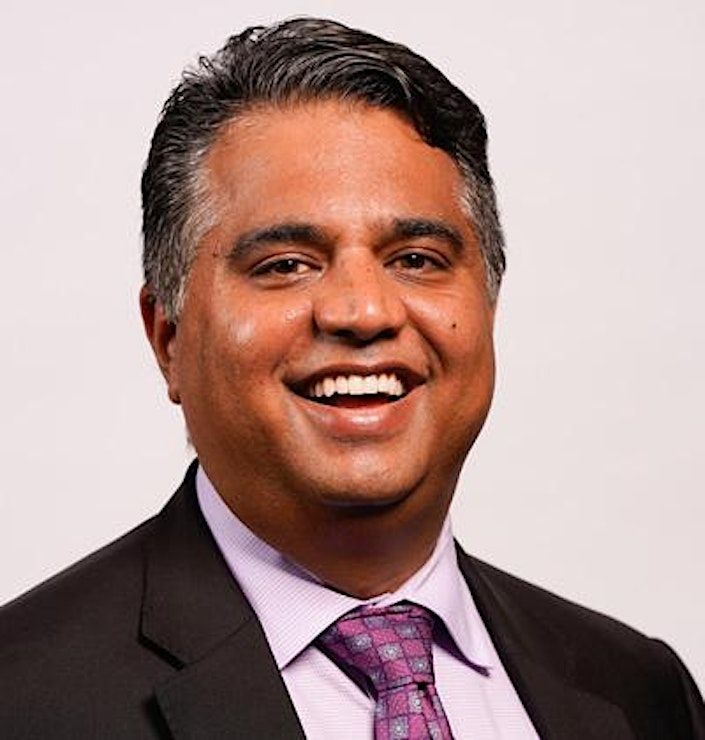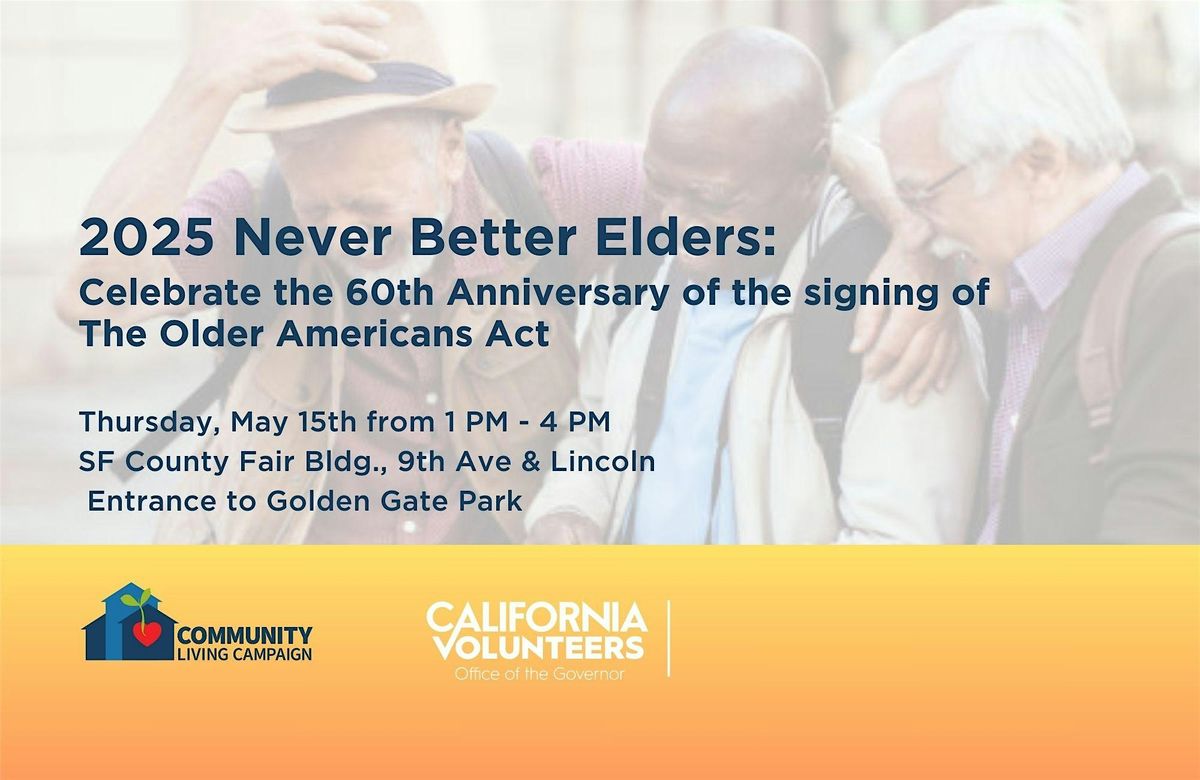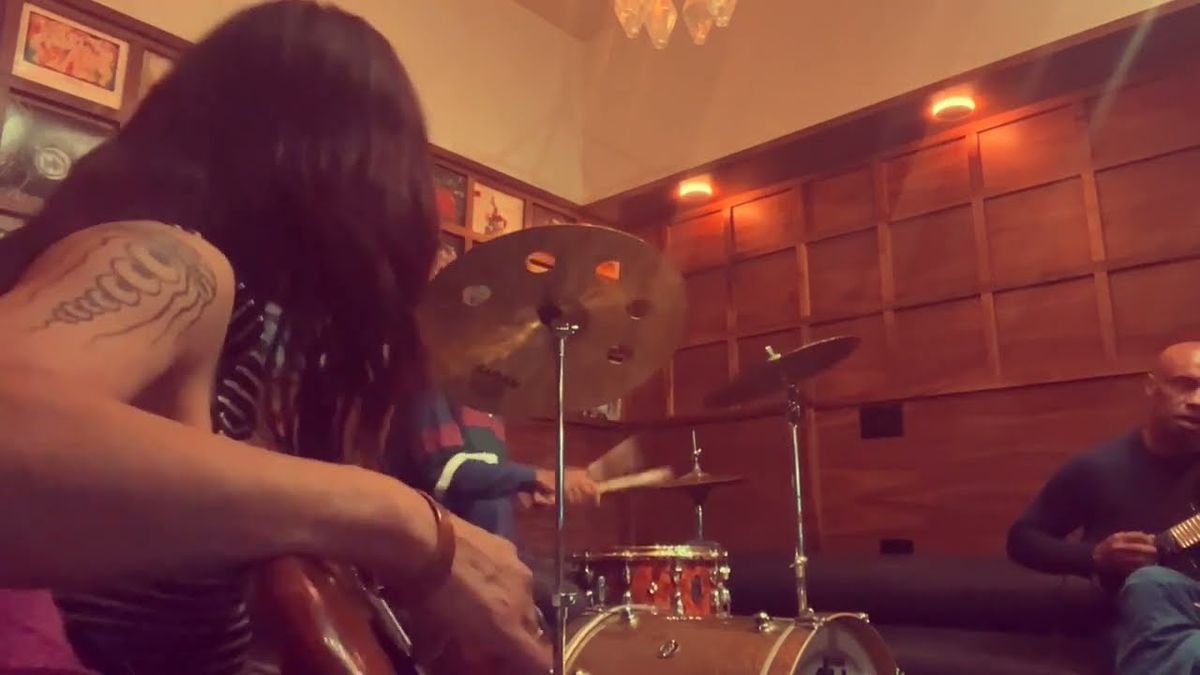
About this Event
UC Law San Francisco's (CNDR) offers high-quality dispute resolution training on in-depth topics for practitioners. This Certificate is designed to engage participants in advanced discussion and practice on specific topics that are essential in any mediator’s toolkit. A specially selected team of our adjunct professors and experienced professionals will be teaching and coaching this series for a variety of perspectives and expertise. Some sessions will be virtual. Registration will be limited to keep class size small, so register now!
Learn more about the Certificate series and register for other sessions on our website .
Join us for the eleventh session in this Certificate:
Using Psychology to Improve Negotiation and Mediation Outcomes
In this dynamic, interactive training session, participants will discover how to harness the power of psychological principles to achieve more effective negotiation results. Explore key psychological strategies that influence decision-making, persuasion, and conflict resolution. Topics include cognitive biases, trust, and effective communication techniques—all designed to improve your negotiation and mediation skills and boost your ability to influence outcomes positively.
4 hours MCLE credit available (please select the "add on" at checkout to register for credit). Session includes 4 hours of instruction and plus breaks.
Date: Thursday May 15, 2025
Time: 8:30am - 1:00pm
Location: In-person on the UC Law SF Campus at 333 Golden Gate Avenue, 5th Floor Deb Colloquium Room, San Francisco, CA 94102 (in-person only)
Instructors: Rishi Batra and Mattie Robertson
Professor Rishi Batra is a nationally recognized speaker and scholar in the field of Alternative Dispute Resolution. He regularly offers training across the country on legal negotiation and mediation strategy, alternative dispute resolution pedagogy, and dispute resolution scholarship. Currently a professor at St. Mary’s University School of law, he was Director of the Leadership and Appropriate Dispute Resolution (LADR) program for the US Air Force Academy, where he trained future Air Force officers in negotiation principles and strategy, and will be teaching Stanford Law School in 2025. Professor Batra previously taught as a tenured professor at Texas Tech University School of Law, where was awarded the President’s Excellence in Teaching Award, and as a Visiting Professor at the University of Oregon, UNLV Boyd School of Law, and Santa Clara Law.
At The Ohio State University Moritz College of Law, Professor Batra taught Mediation and Negotiation courses and supervised students mediating hundreds of cases including small claims, landlord-tenant, and criminal matters. He is the co-founder and was the first director of the Ohio State Student Mediation Program. Professor Batra’s scholarship focuses on Dispute Resolution, and in particular applying dispute resolution perspectives to diverse fields such as criminal procedure and election law. His work has appeared in the George Mason Law Review, the Ohio State Law Review, and the Harvard Negotiation Law Review, among others.
Deputy Director Mattie Robertson is a dispute resolution professional who has mediated hundreds of cases, and is certified as a mediator, facilitator, and arbitrator. She has mentored many other professional mediators and conducted numerous conflict resolution trainings and practicums on a variety of topics. Mrs. Robertson spent a decade working in community mediation nonprofits after law school. At SEEDS Community Resolution Center, she oversaw a practicum which trained professional mediators, and managed the Court Mediation Program, which provided same-day mediation services to litigants in the Alameda County Superior Courts. At California Lawyers for the Arts, Mrs. Robertson was Program Director for the Arts Arbitration and Mediation Services (AAMS) serving the greater San Francisco Bay Area. Since 2019, Mrs. Robertson has been Deputy Director of the Center for Negotiation and Dispute Resolution (CNDR) at UC Law SF, having served as Interim Director of the Center in 2022; she also teaches the UC Law SF Mediation Clinic, supervising students working as mediators in local courts.
Mrs. Robertson is the former Chair of the Alameda County Bar Association’s ADR Executive Committee; and is a member of the Alameda County Superior Court’s ADR Administration Committee; The Mediation Society; Chabot College’s Administration of Justice Department’s Advisory Board; and, the Bay Area Coalition for Community Mediation (BACCM). She also serves as a mediator for the ADR Program at the US District Court for the Northern District of California. Mrs. Robertson is a graduate of UC Law SF in San Francisco, beginning her mediation career in CNDR’s Mediation Clinic. Mrs. Robertson is a proud tribal member of the Oneida Nation of Wisconsin.


Cancellation Policy
For all CNDR events, cancellations on or before 30 days prior to the event will receive a full refund, minus an administrative fee of 7% of ticket price. Cancellations after 30 days prior to the event will receive a 50% refund. Cancellations on or after 5 days prior to the event will not receive a refund.
ADA Accommodations Statement
UC Law San Francisco is committed to making its facilities and events accessible in compliance with the Americans with Disabilities Act. If you need reasonable accommodations, please contact CNDR at 415-581-8941 or CNDR@uclawsf.edu, or the Disability Access Hotline at 415-581-4848 or DAH@uclawsf.edu at least two weeks before the event.
Use of Materials Notice
The UC Law SF Center for Negotiation and Dispute Resolution (CNDR) hereby irrevocably grants registrants/participants a limited, nonexclusive, non-transferable, royalty-free right and license to use materials provided and distributed by CNDR and/or UC Law SF in the course of the training herein for purposes of participation and personal/internal, non-commercial reference purposes.
Code of Conduct
The UC Law SF Center for Negotiation and Dispute Resolution (CNDR) is dedicated to ensuring that its events and gatherings are an inclusive, respectful, productive, and harassment-free experience for everyone, regardless of gender, gender identity and expression, age, sexual orientation, alienage or citizenship status, physical or mental ability, color, physical appearance, body size, race, ethnicity, national origin, marital status or partnership status, pregnancy or lactation status, religion or creed, status as a veteran or active military service member or any other basis protected by U.S. federal, state, or local laws.
When participating in or attending a CNDR event, the following behaviors are expected:
- Be present, timely, open-minded, and participate actively.
- Act with respect and dignity towards everyone you encounter, including participants, staff, instructors, and coaches.
- Be considerate and collegial in your speech and actions, valuing a diversity of views and opinions.
- To support a participatory learning environment for everyone, be mindful of how much time you use (e.g. in discussions or Q&A sessions).
- Behave in accordance with professional standards (such as your employer’s policies, or applicable law).
- Alert on-premises security personnel and staff if you notice a dangerous situation or someone clearly in distress, or call 911 in case of an emergency.
Harassment, bullying, non-consensual physical contact, threats, microaggressions, intimidation, and/or insinuations that are hurtful or interfere with any other attendee’s experience or participation are examples of behaviors which are unacceptable and could be cause for removal from a CNDR event.
Event Venue & Nearby Stays
333 Golden Gate Ave, 333 Golden Gate Avenue, San Francisco, United States
USD 100.00 to USD 450.00












